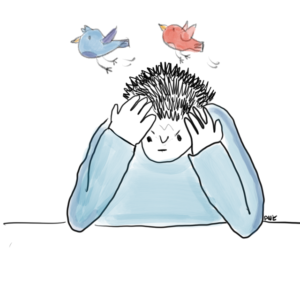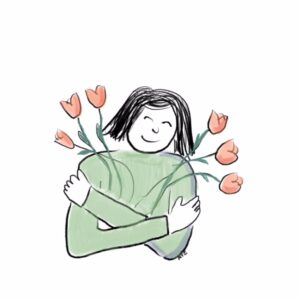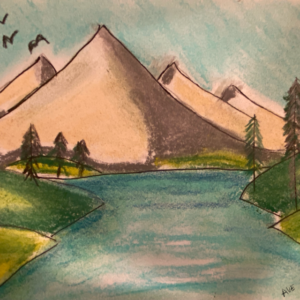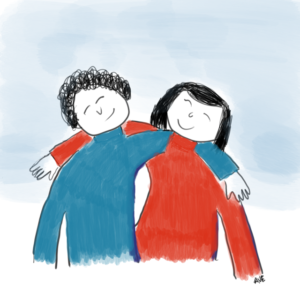
Life, in all its unpredictability, has a way of reminding us that we are not in control. From the global disruptions of climate change and workplace changes to the personal heartaches of illness and family challenges, we constantly face situations that defy our attempts to steer them. But I’ve learned it’s not about wrestling control from life’s grasp. It’s about shifting our perspective, embracing an Open Stance, and finding our power within the chaos.
The Illusion of Control
Like many, my instinct has always been to step in, to try and make things work. I’ve spent years believing that if I tried harder and worked longer, I could control how others responded and outcomes. But life has taught me otherwise. I’ve learned that no matter how much effort I pour in, I cannot control everything. And that’s okay.
The Power of Presence
Instead of denying or complaining about the things I can’t control, I’ve learned to recognize “what is” and be present in the situation. This doesn’t mean passive acceptance. It means grounding myself, acknowledging the reality, and seeing my options and the possibilities that lie ahead from this place of openness and awareness.
Finding Agency Amid Uncertainty
Feeling out of control used to be difficult for me, especially when I thought I had no agency. But when I recognized that I was not in charge and that there were many things I couldn’t influence, I found a new kind of power. By being open to my choices, I felt better and more empowered. I realize that I may not be in control, but I am not powerless.
Leading in Uncertain Times
In these uncertain times, I’ve reflected on how leaders and I can best respond. I’ve found that taking an Open Stance is the best option for navigating these turbulent waters. By noticing my reactions, catching myself, and cooling down, I feel more empowered to look over the horizon and see options. I am more grounded and can face what is in front of me. I can prepare, at least mentally, for what seems to be developing. I feel more resilient when I am able to see what is happening and what may be possible.
Embracing Emotions and Empathy
Acknowledging my emotions and giving myself empathy has allowed me to stay open and grounded. I’ve been experimenting with allowing ease and shifting my internal sense to being at ease. I’ve noticed more joy and aliveness. I feel more open to the ride and am curious about how things will emerge and expect to see options. A coaching client had the metaphor of a tree that is rooted and grounded and the branches and leaves flow in the wind.
The Role of Service and Self-Care
Even amid the world’s turbulence, I’ve found that small acts of service and self-care can make a significant difference. Whether it’s contributing to others, supporting people who are struggling, or taking care of my own needs, these actions have helped me manage and stay grounded. They’ve provided a sense of support and resilience that is crucial in uncertain times. For example, I started a program to train facilitators to lead Open Stance Circles. It’s a small action that I hope will support people in being more resilient and experiencing the benefit of community and connection.
Conclusion
While I may not be in control of everything, I can choose how I respond. By taking an Open Stance, acknowledging my emotions, and embracing my agency, I’ve found a way to navigate life’s uncertainties with more resilience and grace. I’ve learned that even small acts can make a big difference.
I wish you hope and resilience on our shared journey of uncertainty.
Learn more about Open Stance and Open Stance Facilitation Training here https://openstance.org/









